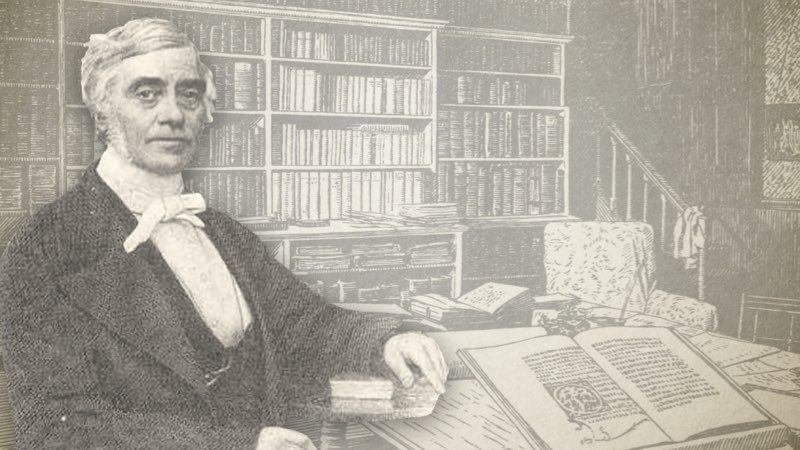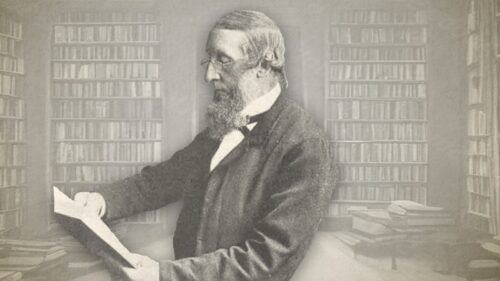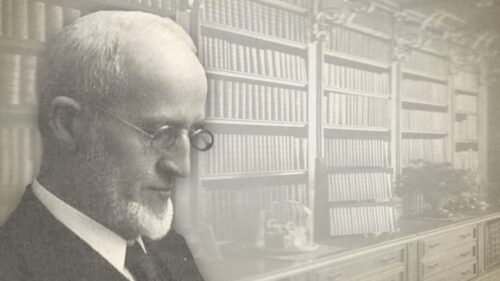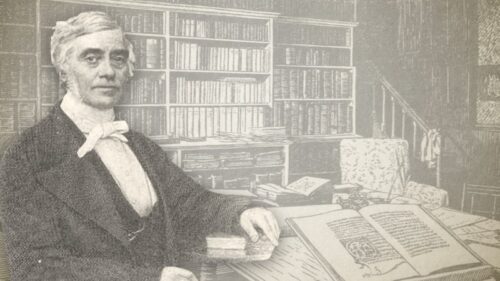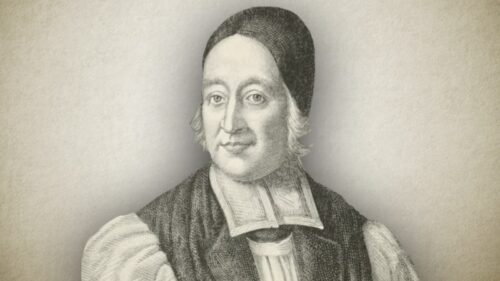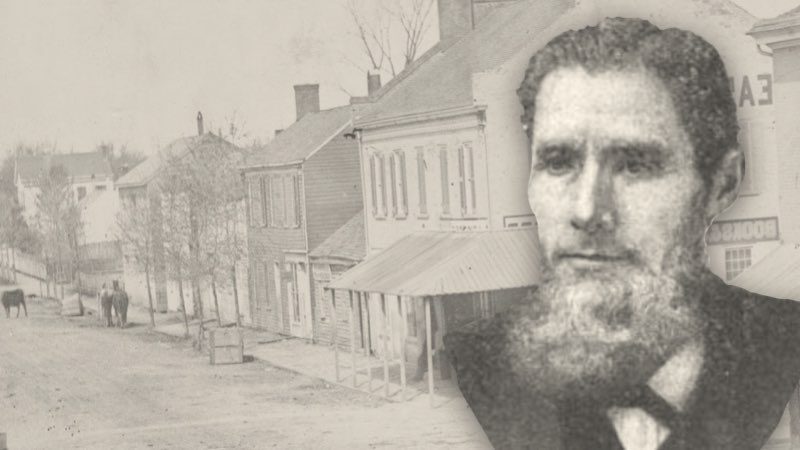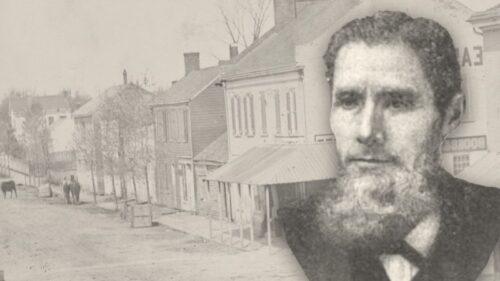-
The Life And Influence Of Joseph Philpot
We do not need anything to remind us that it is a twelvemonth since our late friend and editor departed this life. The fact is brought most painfully to our mind every month, and almost every day of the month; certainly for twenty days in the month. But in turning over a hill of papers, we were reminded more strongly than usual by coming upon the following letters. They may be by some thought to be out of date; but they are not out of date with us, and will, we doubt not, be read with interest by many.
-
The True, Proper, And Eternal Sonship Of The Lord Jesus Christ, The Only Begotten Son Of God
A controversy concerning the eternal Sonship of the Lord Jesus Christ broke out among the Strict and Particular Baptist churches during the 19th century. The orthodox view, set forth by John Gill in his Body of Divinity, and defended by Joseph Philpot in this book, asserts that the second Person of the Godhead is the Son of God in His divine nature, eternally generated by the Father. The erroneous view asserts that the second Person of the Godhead is the Son of God in His human nature only, begotten of the Father at the time of the incarnation. Although the persons holding this view maintain a belief in the TriUnity of the Godhead, yet their denial of the eternal Sonship of the Lord Jesus Christ…
-
Immortal, Invisible
The Apostle Paul instructed the believers at Colosse to teach and admonish one another in psalms, hymns and spiritual songs. That is what I hope to do by explaining the meaning of this hymn, against the backdrop of the Framework of Sovereign Grace.
-
Providence And grace
My Beloved Brethren:—Our God is the God of Providence, as he is the God of grace. His revealed word of truth in the Bible abundantly shows this, and it is also fully confirmed and clearly seen in his works of creation. For in all the universe of created existence and being infinite intelligence presides and omnipotent power controls, subjecting all to decreed orbits and limits, and directing all to ordained ends – the glory of the Creator. Were it not so, then God should be defeated, disappointed and frustrated in his infinite design and eternal purpose in his handiworks in the universe. But this cannot be. “The heavens declare the glory of God: and the firmament sheweth his handiwork. Day unto day uttereth speech, and…
-
Predestination
Beloved Brethren:—Predestination is a prerogative of all intelligent beings, and God possesses it pre-eminently and infinitely, because he is infinite in all his perfections or attributes, while all others are finite and limited. But the Almighty is unlimited. These are primary and self-evident truths. It would be impious folly in a creature to try to limit the infinite Creator. Speak we of knowledge, wisdom, counsel, purpose, power, truth, holiness, goodness – God is infinite in all these, as in all else. “God is in one mind, and none can turn him.” “I am the Lord, I change not.” Immutability belongs to Jehovah only. This places him above and independent of all outside and creature influence and control. God knows no will except his own. The…
-
The Eternal Purpose
Beloved Brethren In Christ:—The only true God is the God of purpose, as he has so fully revealed in the Scriptures, and it is impressed upon me to write to you upon this sublime theme, in humble dependence upon him. Text: “The Lord of hosts hath sworn, saying, Surely as I have thought, so shall it come to pass; and as I have purposed, so shall it stand.” (Isa 14:24) Now, the fulfillment of this solemn oath of Jehovah depends upon his attributes of omniscience, omnipotence and immutability, all of which are fully declared in his sacred oracles, and to deny these absolute attributes is to deny his Godhead, which is open infidelity. The Almighty cannot be limited in any attribute or perfection of his…

